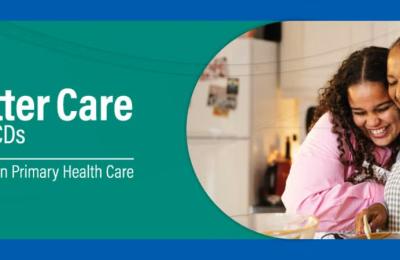Interruption of lymphatic filariasis transmission in Manaus, a former focus of Wuchereria bancrofti in the Western Brazilian Amazon
Objective.
To confirm the absence of Wuchereria bancrofti autochthonous cases in Manaus, a former focus of lymphatic filariasis in the Western Brazilian Amazon.
Corrigendum to Recálculo de las tendencias de mortalidad por accidentes, suicidios y homicidios en Argentina
The Pan American Journal of Public Health draws readers' attention to an error in the following article, pointed out by the authors:
Santoro A. Recálculo de las tendencias de mortalidad por accidentes, suicidios y homicidios en Argentina, 1997-2018. Rev Panam Salud Publica. 2020;44:e74. https://doi.org/10.26633/RPSP.2020.74
The manuscript should include figure 1, figure 2, figure 3, figure 4 and figure 5.
Resources for the evaluation of public policy on lung cancer in Mexico
Objectives.
To estimate lung cancer mortality rates adjusted by age distribution for the country’s 32 states between 1998 and 2017; to contrast the territorial distribution of demand for oncological services with the availability of specialists to provide care; and to determine the predictive capacity of three different supervised classification algorithms in the context of automated learning techniques.
Methods.
An exploratory analysis and data modeling were conducted, considering death records from the national health information system.
Leadership, social determinants of health and health equity: the case of Costa Rica
Costa Rica has long been a country of special interest in the Americas and in global health because of its good health. The United Nations Development Programme ranks countries according to their level of human development based on life expectancy, education and national income. Although Costa Rica is ranked at 63 and classified as ‘High’, in terms of health it belongs in the ‘Very High’ group. In 2018 mean life expectancy for the ‘Very High’ countries was 79.5, while in Costa Rica it was 80.
Knowledge, access and use of the health system by migrant adolescents in Chile: results of an exploratory study
Objective.
To identify the knowledge, access, and use of the health system by migrant adolescents, and the barriers to access and use of the health system in that population in Chile.
Primary and acquired multidrug-resistant tuberculosis: Predictive factors for unfavorable treatment outcomes in Rio de Janeiro, 2000–2016
Objective.
To identify clinical and demographic factors associated with unfavorable treatment outcomes in patients with primary and acquired multidrug-resistant tuberculosis (MDR-TB) in Rio de Janeiro State.
Methods.
Retrospective cohort study using data on 2 269 MDR-TB cases in 2000–2016. Factors associated with unsuccessful, loss to follow-up, and death outcomes in patients with primary and acquired resistance were investigated with bivariate and multivariate regression.
Multimorbidity patterns among COVID-19 deaths: proposal for the construction of etiological models
Objectives.
To describe patterns of multimorbidity among fatal cases of COVID-19, and to propose a classification of patients based on age and multimorbidity patterns to begin the construction of etiological models.
Methods.
Data of Colombian confirmed deaths of COVID-19 until June 11, 2020, were included in this analysis (n =1 488 deaths). Relationships between COVID-19, combinations of health conditions and age were explored using locally weighted polynomial regressions.
Qualitative study of the implementation of the Continuity of Care and Rehabilitation Program for people with severe mental disorders in Peru*
Objective.
Describe the implementation of the Continuity of Care and Rehabilitation Program (PCC-R) in community mental health centers (CSMCs, Spanish acronym) in Peru.
Methods.
Qualitative study of the implementation of the PCC-R in four CSMCs in Lima and La Libertad, Peru. Forty-two individual semi-structured interviews were conducted, as well as a focus group with five participants, for a total of 47 informants, including users, family members, and professionals involved in the design, implementation, and monitoring of the program.
Implementation of national childbirth guidelines in Brazil: barriers and strategies*
- Read more about Implementation of national childbirth guidelines in Brazil: barriers and strategies*
The present report describes the process and results obtained with a knowledge translation project developed in three stages to identify barriers to the Implementation of the National Guidelines for Normal Childbirth in Brazil, as well strategies for effective implementation. The Improving Programme Implementation through Embedded Research (iPIER) model and the Supporting Policy Relevant Reviews and Trials (SUPPORT) tools provided the methodological framework for the project.












